Greece and the EU have lost control of the situation on the border with Turkey – and it will have deadly consequences
Stumping up money, or empty words is not going to fix the situation – all countries involved, including Turkey, owe stranded refugees and migrants much more
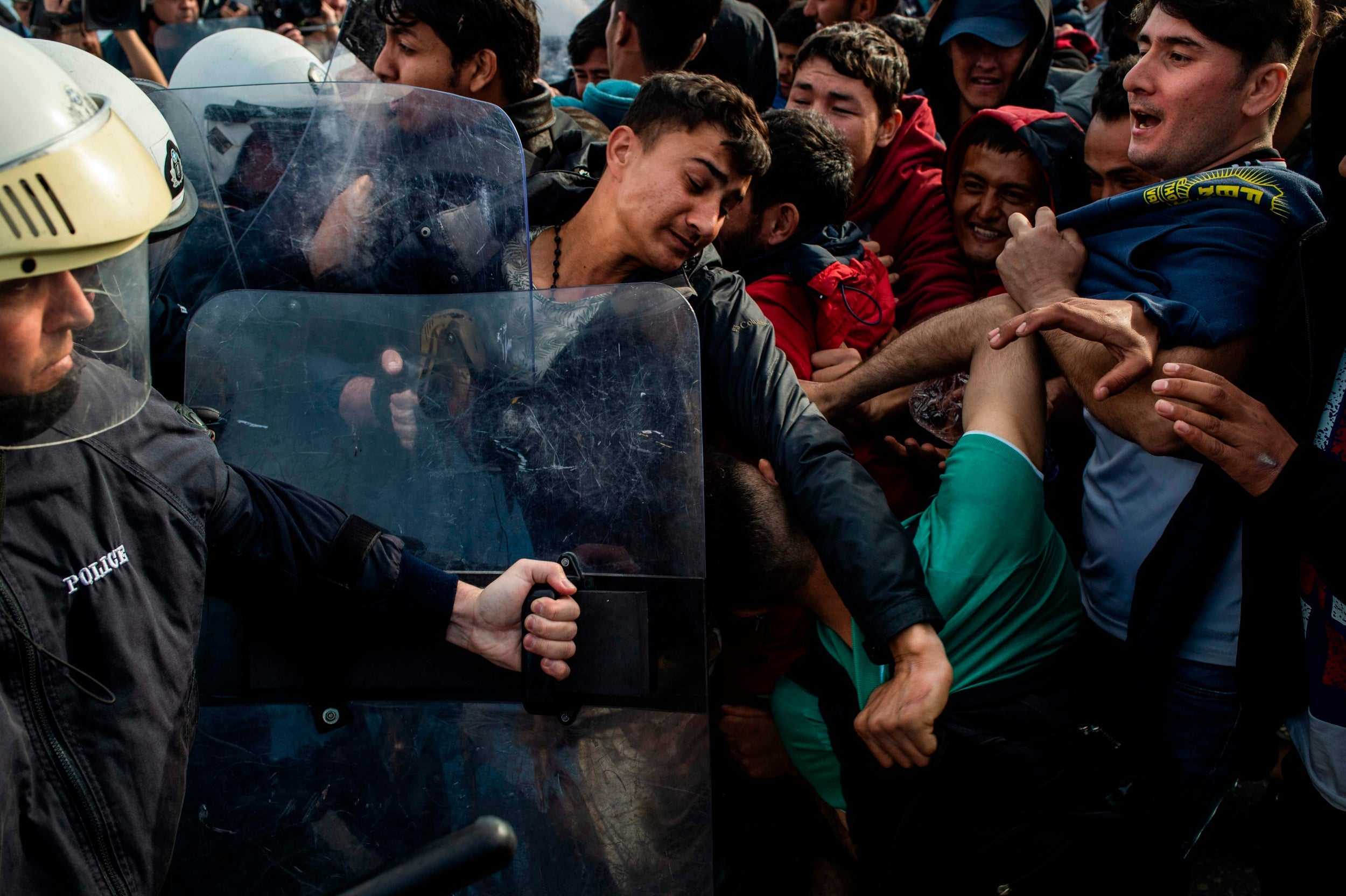
Since Turkey's President Recep Tayyip Erdoğan announced that Turkey will be opening its borders for refugees who want to cross into Greece and Europe, images depicting thousands of suffering people — families with children amongst them — have adorned front pages and TV news.
The fear of a renewed refugee crisis, like the one that saw more than one million people pass though Greece on their way to northern Europe in 2015, had always been present since the EU and Turkey signed a deal that would keep more than three million others from making the journey.
Now, with that deal effectively null and void, the situation on the Greek border has become explosive. And what’s worse, the Greek government seems to have lost control of the situation — with deadly consequences.
The centre-right New Democracy and its leader Kyriakos Mitsotakis, won the July 2019 elections promising solutions, while at the same time blaming the incumbent Syriza administration of being too soft on what they deemed were “illegal migrants”.
Syriza shares part of the blame: they went along with the 2016 deal between Turkey and the EU, and were the administration that established the camps in the Greek islands — camps like Moria in Lesvos that have become hotspots.
But the mood the new administration created has brought on new, and dangerous forms of reactionary politics. Their promise of “closed detention facilities” was a non-solution that would simply make the current situation in the islands — which are essentially now prisons — the status-quo. The resistance from the population was understandable, but it has now mutated to something which verges on the dystopian.
As refugees streamed to the borders, the army and riot police were mobilised to stop them. Greece announced it won’t be accepting any asylum claims for a month, and that all who cross the borders will be sent back to Turkey immediately.
At least one person has died in the tension created between the security forces and the refugees, with two independent investigations by Forensic Architecture and Bellingcat, both suggesting the projectile that killed him came from the Greek side. Meanwhile, a young child was drowned just metres away from Lesvos, as a boat full of refugees was approaching the island. Greece and Turkey have both blamed each other for the violence.
Facebook groups organising “hunting parties” to patrol the borders in Evros popped up. While its administrator was prosecuted, it had hundreds of members before it was closed. Journalists, doctors and NGO workers have been attacked by groups opposing any and all aid given towards refugees in the islands of Lesvos and Chios. Far-right groups from Germany and France have put out calls for their members to travel to Greece and participate in these “hunts”. Some have reportedly already arrived.
As these groups are accountable to no one, and publicly infiltrated and organised by far-right activists in certain instances, legal order is taking a hit.
The EU, which is ultimately the only organisation that can provide a solution, has so far proposed nothing that would alleviate the situation, preferring instead to throw money at it. In this way, they are admitting that they are comfortable with parts of Greece (and Italy) becoming permanent prisons for those trying to reach the “core” EU countries. And the Greek government is facing a situation over which they appear to have no control. The appearance of far-right groups could easily prove to be the beginning of a much darker chapter in the refugee crisis.
Erdogan will is set to met a number of EU officials today, including Charles Michel, president of the EU leaders’ council, Ursula von der Leyen, the head of the EU’s executive arm and Nato Secretary General Jens Stoltenberg
It’s been said, time and time again, that this major issue cannot be resolved with a competition between the EU and Turkey, about who can help the refugees the least. And yet, that is precisely what Europe has chosen to do

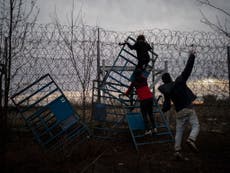
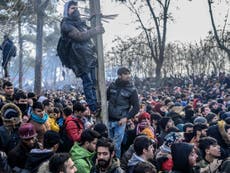
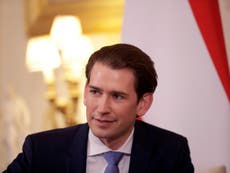
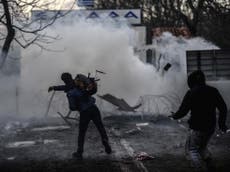
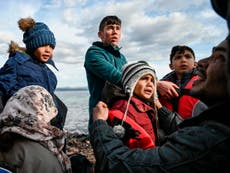
Join our commenting forum
Join thought-provoking conversations, follow other Independent readers and see their replies